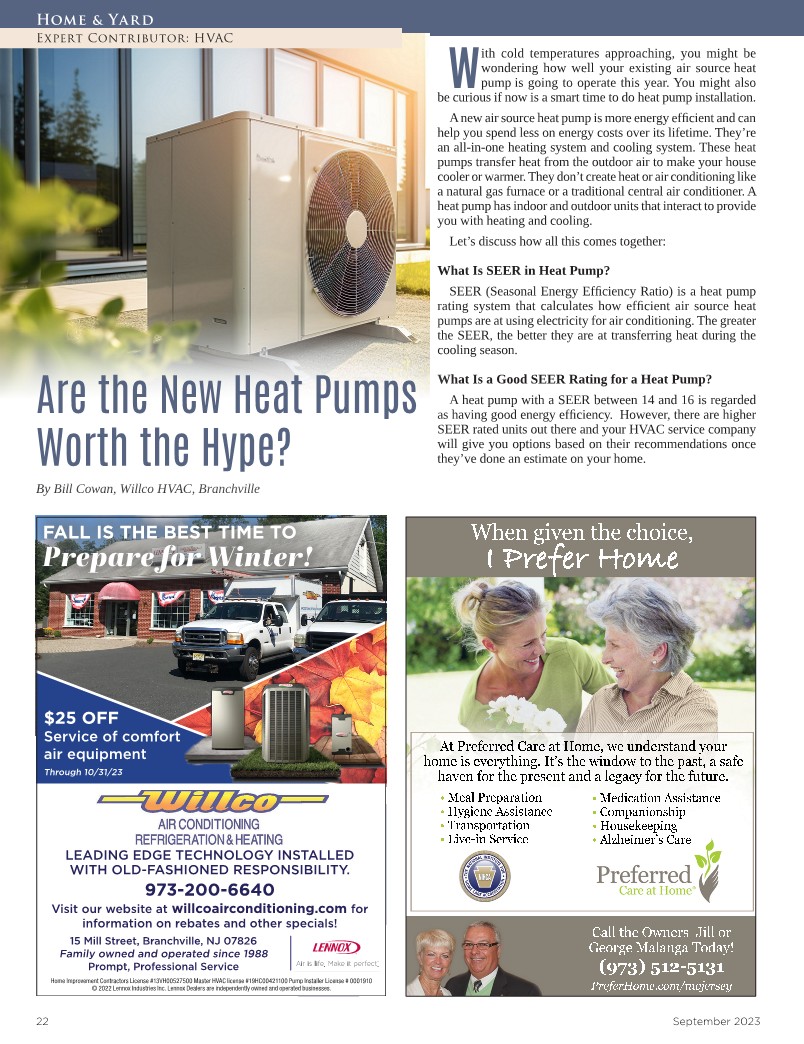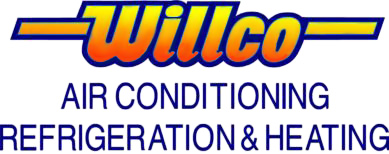If you’re planning a few home improvements that will boost the energy efficiency of your house, you may save some money on your projects under the Inflation Reduction Act of 2022, which was signed into law last year. One of the bill’s main goals is to address climate change. And while the law is designed to help businesses adopt more eco-friendly measures and jump-start clean energy production, there are also incentives for people to go green and save some green, too.
The Inflation Reduction Act of 2022 (IRA) is the largest ever climate investment by the Federal Government in American history, projected to reduce greenhouse gas (GHG) by 31% to 44% below the 2005 levels by 2030.
It is aimed at building a better America and to make sure the United States—powered by American workers—remains the global leader in clean energy technology, manufacturing, and innovation. The Inflation Reduction Act’s $370 billion in investments will lower energy costs for families and small businesses, accelerate private investment in clean energy solutions, strengthen supply chains for everything from critical minerals to efficient electric appliances, and create good-paying jobs for American workers.
What It Means for Homeowners
Under the Inflation Reduction Act, federal income tax credits for energy efficiency home improvements will be available through 2032.
The overall total limit for an efficiency tax credit in one year is $3,200. This breaks down to a total limit of $1,200 for any combination of home envelope improvements such as windows, doors, skylights, insulation, plus furnaces, boilers, and central air conditioners. Any combination of heat pumps, heat pump water heaters and biomass stoves/boilers are subject to an annual total limit of $2,000.
What the upgraded and expanded Energy Efficient Home Improvement [Tax] Credit does is offer consumers 30% back, up to $1,200 per year (compared to previous $500.00 for lifetime) for energy-saving renovations like extra or added insulation or swapping out exterior windows that are better at keeping cool air out in the winter and inside during the summer. It also incentivizes the purchase of certain electric, energy-efficient appliances, including a broad selection of ENERGY STAR certified equipment, like heating and cooling units, and boilers. It increases the annual credit cap to $2,000 per year for items like high-efficient heat pump air conditioners, heat pump water heaters, and boilers.
Invest Time by Doing Your Homework
By familiarizing yourself on the types of equipment, the steps in claiming your tax credit and what is available in your area, look to official websites. Here are some great sources of information for Sussex County:
The New Jersey’s Clean Energy Program™ at https://njcleanenergy.com which offers a variety of programs to help offset the cost of making your home more comfortable and energy efficient. Their programs guide you through the decision-making process by offering the most economical solutions and providing incentives and rebates for many purchases.
Elizabethtown Gas, www.elizabethtowngas.com has quite a few tools such as Energy Efficiency Programs, Energy Saving Tips, Energy Savings Calculators that use natural gas. They also have a map that lets you input your address to find out if natural gas is available at your location.
Building Performance Institute, Inc. (BPI) at www.bpihomeownder.org that can guide you on incentives and rebates.
And, above all, don’t forget your local Heating, Air Conditioning & Refrigeration experts in your area. Many of them are educated on the best, most efficient systems for your home. They are aware of up and coming trends, know which systems will best suit your lifestyle and where the incentives and rebates fit into your next purchase.





